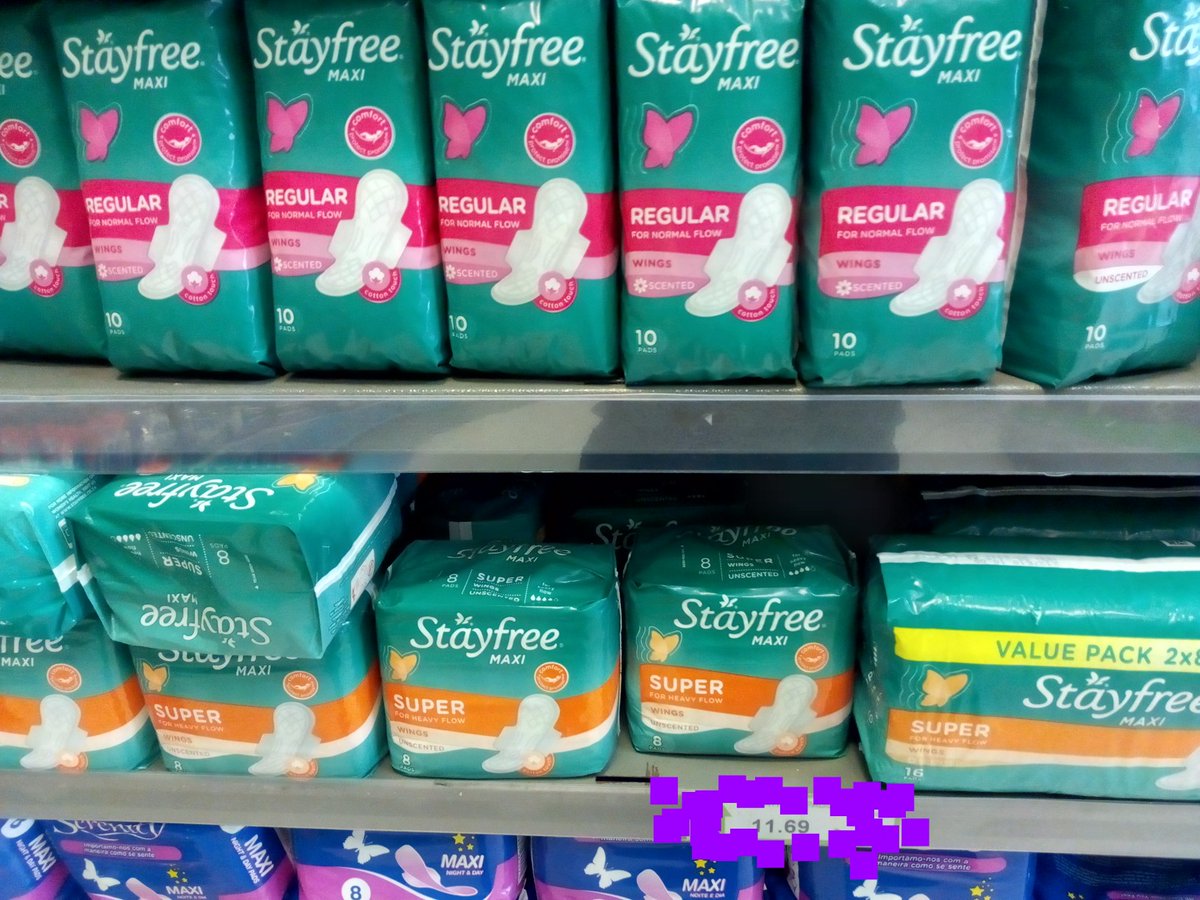By Tatenda Mujeyi
Menstrual hygiene is a critical health consideration that every society has to prioritise for society’s development.
The remarks were universally echoed by speakers at the commemoration of the World Menstrual Hygiene day in Harare yesterday.
Standards are being implemented to see to it that the complete range of sanitary products meets world health standards.
“We have incorporated the standardisation of sanitary wear under two categories, non-reusable and reusable as standard ZWS1023, with the aim of incorporating health and users best expectations,” Romana Marunda, Standards Association of Zimbabwe (SAZ) Development Manager said at the event.
Incorporating men on the menstrual process has been realised as central in facilitating for better menstrual hygienic practices.
“Incorporating men in sanitary health issues is a critical component of aggregating success as men are daily peers to their female counterparts daily and in intimate relationships. Men are also more in Parliament and if they are part of the initiatives legislation that is promotes the women will be implemented,” Hope Madzingwe a representative of Touching Lives Initiative said.
Butterfly Cup Company Director, Ernestine Patterson said: “Health not only has to be considered in the process of usage and disposal but also as a environmental health question. We urge for environmentally friendly sanitary wear as a plan towards a health environment.”
Varaidzo Nyadenga, a Manager with Plan international in Zimbabwe had this to say: “As Plan International we are constantly engaging communities to negotiate the challenges women face in accessing sanitary wear as part of our broad health initiatives specifically designed to meet this necessary health need for women.”
Sanitary health issues were also realised as central in the improvement of health as a platform to better the education standards for girls.
“Ladies and gentleman, the benefits of more girls attending school, with periods not standing in their way , go beyond higher economic development. More educated girls tend to be healthier,” Event Organiser, Sanitary Aid Zimbabwe Trust Founder Theresa Farai Nyava said.
This year’s commemorations were held under the theme “It’s time for action” and were attended by civic groups and humanitarian organisations specialising in sanitary health.






